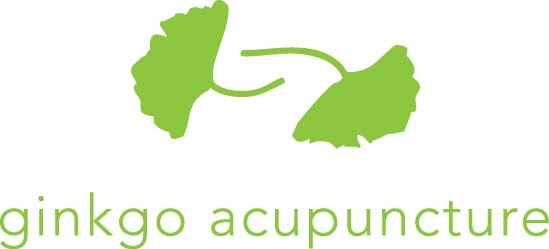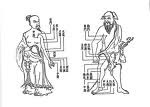
If you choose one herb to support your immune system this season, it should be astragalus. Astragalus, or Huang qi, is an adaptogenic herb that is native to China. The name means "yellow leader," and it's called this because of its yellow roots and its reputation as the leader of the tonic herbs. Astragalus has been used for thousands of years to strengthen spleen (digestive) qi and wei qi, the protective energy that helps prevent illness. Modern uses include supporting the immune system and helping to prevent colds, influenza, bronchitis, pneumonia and mononucleosis. It has been used to prevent immunosuppression caused by chemotherapy and it improves blood flow. Astragalus has antiviral, antibacterial and anti-inflammatory properties and is rich in antioxidants.
Regular use of astragalus in appropriate doses is safe and a great way to help prevent a cold or flu. It's safe and effective for kids too. It can be taken raw and steeped in a decoction, or in powder form. Talk to your acupuncturist about dosage. Keep in mind that if you currently have a cold or flu, you should discontinue use until it passes. Astragalus should not be used with immunosuppressive medications. Here's a link to my favorite manufacturer of tonic herbs: Dragon Herbs












